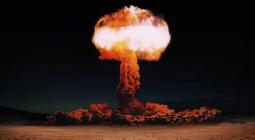The row is likely to continue. Zalasiewicz said the AWG was preparing a detailed response to “major inconsistencies” in the IUGS statement that would “set the factual record straight”. He also said it would continue its work outside the IUGS on “stabilising the meaning of the term and concept so that it will be of use to the wider community”.
One possibility is that the Anthropocene could be called an event, an informal term geologists already use for great changes to the planet, such as the flooding of its atmosphere with oxygen by photosynthesising cyanobacteria 2bn years ago, and the explosion of complex life at the start of the Cambrian period 540m years ago.





